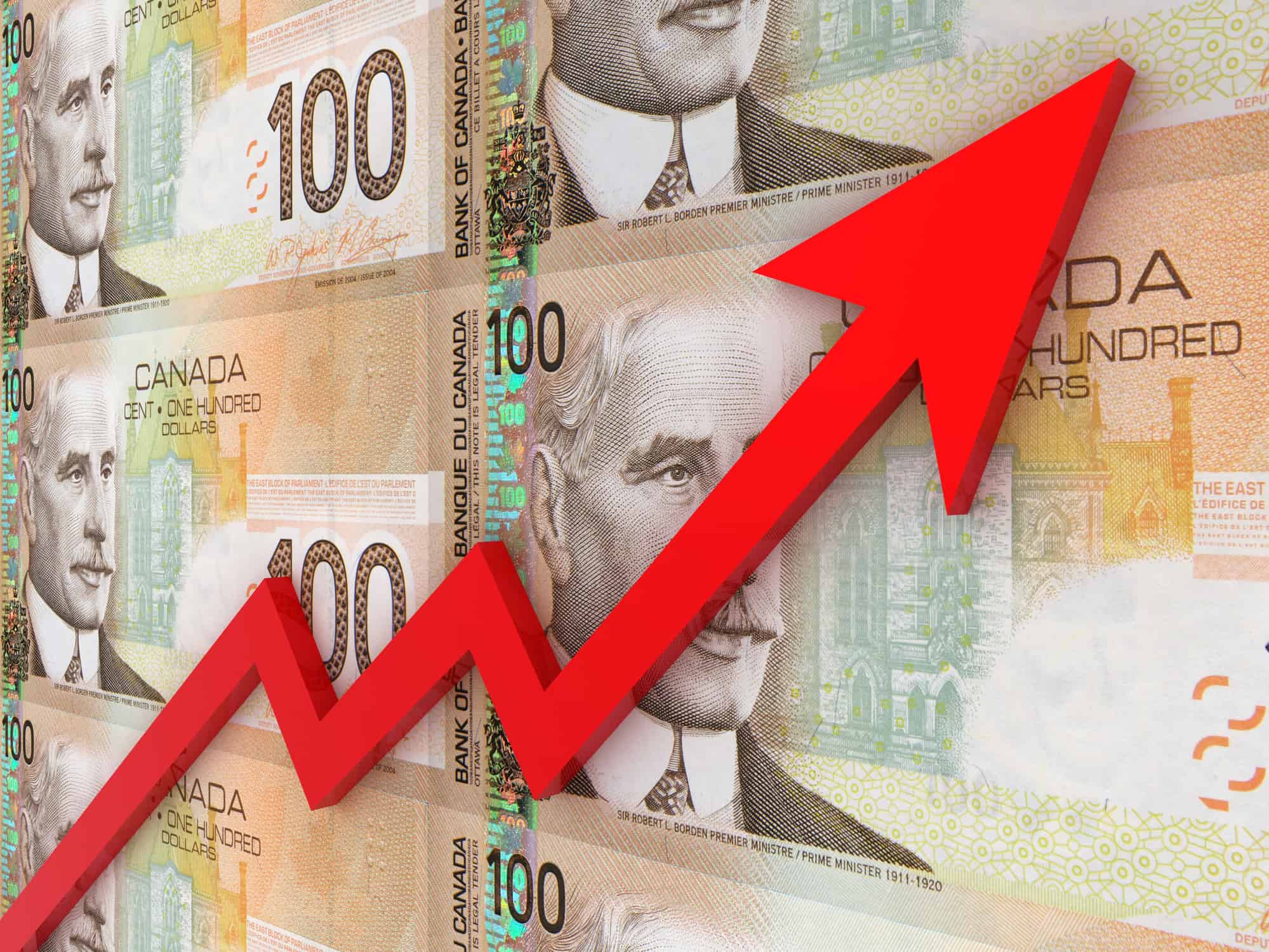Investing in quality dividend stocks can help you earn a passive stream of income. Most dividend stocks trading on the TSX have a quarterly payout, allowing shareholders to generate predictable cash flows. Further, if these stocks are held in a TFSA (Tax-Free Savings Account), dividend payouts will be sheltered from taxes.
The current bear market has driven the shares of several companies lower. As stock prices and dividend yields are inversely related, you can benefit from tasty payouts in an uncertain and volatile macro-environment.
The TFSA contribution limit for 2023 is $6,500. Let’s look at a top TSX stock in Bank of Nova Scotia (TSX:BNS) that you can hold in your TFSA in 2023.
Is BNS stock a good investment right now?
Shares of banking companies have lost significant momentum in the first 11 months of 2022. Investors remain worried about the dual threat of rising interest rates and red-hot inflation that will compress both top-line growth and profit margins for corporates in the next year. Additionally, delinquency rates for personal and mortgage loans might also rise if fears of a recession come true.
Shares of the Bank of Nova Scotia are trading 28% below all-time highs and offer investors a dividend yield of 6% as of writing. Despite the pullback, BNS stock has returned over 500% in dividend-adjusted gains to investors since December 2002. Comparatively, the TSX has returned 438% to investors in this period.
Unlike banks south of the border, Canadian banks are much more conservative. The regulation for domestic banks is also more stringent compared to the U.S., insulating big players such as BNS from the competition.
Due to these factors, BNS and its peers have weathered economic downturns effectively in the past. While U.S. banks suspended or lowered dividend payments during the financial crisis of 2008, most Canadian banks maintained payouts.
In fact, BNS has increased dividends in 43 of the last 45 years. In the last 27 years, the payouts have increased at an annual rate of 10%, showcasing the resiliency of the company’s balance sheet.
A look at BNS stock and dividend yield
An investment of $10,000 in BNS stock back in December 1995 would allow you to buy 1,328 shares of the banking giant. Given its then quarterly dividend payout of $0.775 per share, annual dividends would have amounted to $411.68. If you still held 1,328 shares of the company, your annual dividends would increase to $5,471 in the next 12 months, increasing your effective yield from 4.1% to 54.7% in this period.
| COMPANY | RECENT PRICE | NUMBER OF SHARES | DIVIDEND | TOTAL PAYOUT | FREQUENCY |
| Bank of Nova Scotia | $68.34 | 95 | $1.03 | $97.85 | Quarterly |
As of writing, buying $6,500 shares of BNS would allow investors to purchase 95 shares of the company and generate $97.85 each quarter, indicating a monthly payout of $32.6.
BNS is forecast to end fiscal 2023 with adjusted earnings of $8.32 per share. So, the company is valued at just over eight times forward earnings, which is very cheap. Further, around 50% of its earnings are derived from emerging South American markets such as Peru, Columbia, and Chile, providing shareholders with diversification.
Analysts remain bullish on BNS stock and expect it to gain around 15% in 2023. After accounting for its tasty dividend yield, total returns could be 21%.








